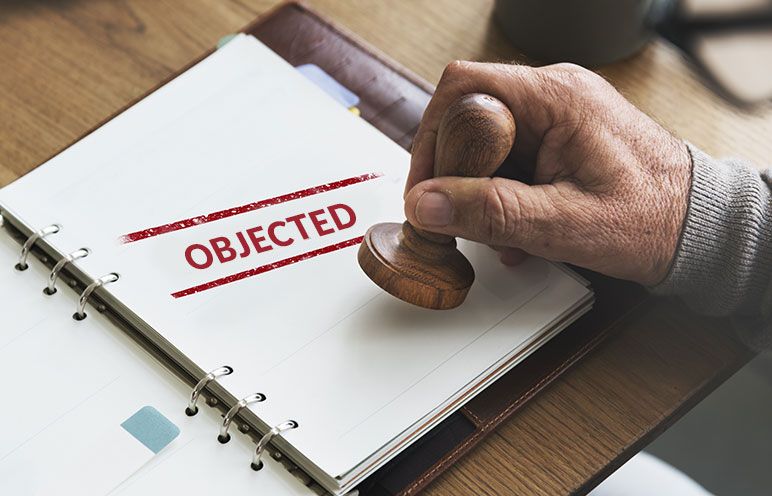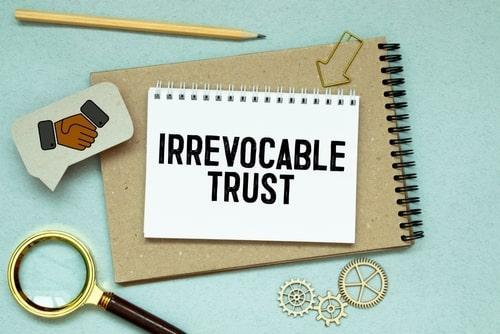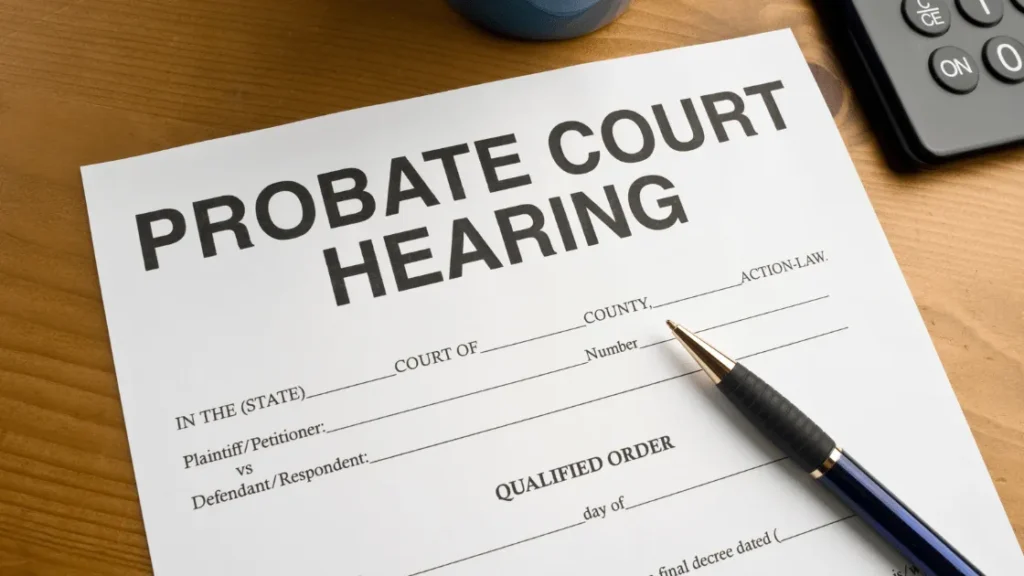How to probate a lost will in Texas is a question that many grieving families never expect to ask—until they find themselves digging through file cabinets, boxes in attics, or old storage units in search of a loved one’s missing will. Whether the document was misplaced, accidentally destroyed, or presumed lost after a fire or flood, families across Texas frequently find themselves facing this exact dilemma.
The good news? All is not lost. In many cases, Texas law provides a pathway for families to probate a lost will, but it’s not automatic. It requires legal proof, strategic steps, and a firm understanding of how the probate system works in the Lone Star State. This guide will walk you through everything from the burden of proof to court procedures, using stories, case analysis, and a breakdown of Texas Estates Code to give you a clear roadmap during a difficult time.

What Does It Mean to Probate a Lost Will in Texas?
Probating a will generally means having the court validate a deceased person’s last wishes regarding how their property should be distributed. But when the original will is missing, how to probate a lost will in Texas becomes more complicated. You’re not just presenting a document—you’re trying to prove that the will existed, what it said, and that it wasn’t intentionally destroyed by the testator (the person who made the will).
In Texas, this process is legally referred to as “proving up a lost will” under Section 256.156 of the Texas Estates Code. The court treats lost wills with suspicion because of one critical assumption: if the original will can’t be found, the deceased may have revoked it.
To probate a lost will, you’ll need to rebut that presumption—and we’ll show you how.
Real-Life Example: When Uncle Ray’s Will Went Up in Smoke
Consider this real-life-style scenario. Uncle Ray lived in a small town outside Austin. Known for his meticulous habits, Ray had a will drafted by a lawyer years ago, leaving everything to his niece, Carla. Unfortunately, Ray’s home caught fire months before he passed, and the original will was believed to have been destroyed in the blaze.
After his death, Carla found a photocopy of the will in his safe deposit box but not the original. She was sure this was what Ray wanted, but without the original, the court wasn’t going to just take her word for it. She had to learn how to probate a lost will in Texas—and fast.
This is exactly the kind of situation many Texans face, and it underscores why following the legal process is so important.
Step 1: Understand the Texas Legal Standard for Lost Wills
Texas probate courts are cautious when dealing with lost wills. That’s because if the original will was last seen in the possession of the deceased but can’t be found after death, the law presumes that it was revoked.
To overcome that, Texas Estates Code § 256.156 lays out what must be shown to admit a lost will to probate:
- Due Execution: You must prove that the will was executed properly (signed, witnessed, etc.).
- Contents: You must provide proof of the will’s contents, often through a copy or witness testimony.
- No Revocation: You must show that the testator did not revoke the will intentionally before death.
All three must be proven in court. If one element is weak, the court may deny the application.
Step 2: Locate a Copy or Evidence of the Will
To start the process of how to probate a lost will in Texas, your first job is finding any copy of the will or reliable evidence that one existed. This could include:
- A photocopy of the signed will
- Drafts saved by the attorney who created it
- Emails referencing the will’s content
- Testimony from witnesses who read or signed the original
Without a copy or proof of its existence, it becomes nearly impossible to move forward. That’s why step two is often the most crucial point of the journey.
Step 3: Hire a Probate Attorney (Strongly Recommended)
While not legally required, hiring a probate attorney in Texas is almost essential when dealing with a lost will. This is not a routine probate. The burden of proof is higher, and the chances of opposition from other potential heirs are greater.
Probate attorneys who understand how to probate a lost will in Texas will know how to:
- Prepare the proper filings and affidavits
- Gather witnesses and documentation
- File with the appropriate court (usually in the county where the decedent resided)
- Navigate potential contests or objections

Trying to go it alone often results in delays or outright dismissal of the application. In high-stakes scenarios, that could change who inherits the estate entirely.
Step 4: File an Application to Probate a Lost Will
Next, your attorney will help you file the formal application to probate a lost will. This involves several documents, including:
- Application for Probate of Lost Will
- Affidavits of Witnesses
- Proof of Due Execution
- Copy of the Lost Will, if available
- Proof of No Intent to Revoke
The application must be filed within four years of the testator’s death, unless you can show the delay wasn’t due to negligence.
This is another reason to act quickly once you realize the original will is missing.
Step 5: Notify All Interested Parties
Once the application is filed, Texas law requires that all heirs at law and named beneficiaries be notified. This ensures that everyone with a stake in the outcome has a chance to object.
Expect these parties to include:
- Spouse
- Children (biological and adopted)
- Siblings
- Other named beneficiaries in any copy of the will
This is often the stage where conflicts arise, especially if someone would inherit more under intestate succession than they would under the will.
Step 6: Present Evidence at a Probate Hearing
The court will set a hearing date where you’ll be required to prove up the lost will. This typically includes:
- Witnesses who were present when the will was signed
- Testimony from the attorney who drafted the will
- Evidence that the will wasn’t revoked
- The copy of the will or detailed testimony of its contents
A judge—not a jury—will decide if the evidence meets the legal standard. If the court is convinced, the lost will may be admitted into probate just like an original.
What If No Copy of the Will Exists?
This is where how to probate a lost will in Texas becomes especially challenging. If you have no copy but can produce credible witness testimony about the contents and execution of the will, the court may still consider it.
However, the burden of proof is much higher. At least two credible witnesses must provide detailed testimony about:
- When and where the will was signed
- Who witnessed it
- What it said (beneficiaries, executor, etc.)
Without this, the court is likely to deny your petition and default to intestate succession laws—meaning the estate will be distributed as if no will existed at all.

What Happens If the Court Rejects the Lost Will?
If the court finds the evidence insufficient, the estate will be distributed according to Texas intestate succession laws. Here’s a simplified version of how that works:
- If there’s a surviving spouse and children from that marriage: the spouse typically inherits most or all
- If there are children from another relationship: the estate is divided among them
- If there’s no spouse or children: the estate passes to parents, siblings, or more distant relatives
This may be entirely different from what the testator intended—which is why how to probate a lost will in Texas can literally change everything.
Key Tips for Increasing Your Chances of Success
If you’re trying to admit a lost will to probate in Texas, keep these practical tips in mind:
- Act Quickly: The sooner you start, the easier it is to gather evidence and avoid missed deadlines.
- Gather Witnesses: The more people who can testify about the will, the stronger your case.
- Document Everything: Keep records of every phone call, email, or piece of mail that supports your claim.
- Expect Challenges: Prepare for resistance from other family members, especially if they benefit from the will being invalidated.
- Hire a Skilled Attorney: This is not a process you should face alone.
Preventing This Situation: Secure Your Will Properly
While this article focuses on how to probate a lost will in Texas, it’s worth offering advice for avoiding this issue altogether. Families can spare themselves tremendous stress by taking a few steps:
- Store the original will in a fireproof safe
- Leave a copy with your attorney
- Avoid marking or altering the will after signing it
- Inform your executor or family where it is stored

Texas probate courts heavily favor original documents. Protecting the original is the best way to avoid contested hearings and family conflict.
Final Thoughts: Navigating Probate After a Lost Will
Dealing with the death of a loved one is difficult enough. When the original will can’t be found, it adds confusion, stress, and uncertainty to the grieving process. Understanding how to probate a lost will in Texas equips you with the tools to take action, protect your loved one’s intentions, and preserve family unity.
Although the process is complex, it’s far from impossible. With the right evidence, a solid legal team, and a proactive approach, you can navigate Texas probate courts—even without the original will in hand.
If you’re currently facing this issue, don’t wait. Time, evidence, and expert legal guidance are your most valuable assets. Knowing what steps to take next can make all the difference—for your case and your peace of mind.








